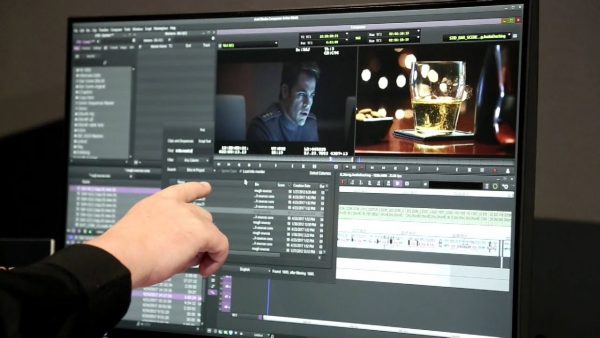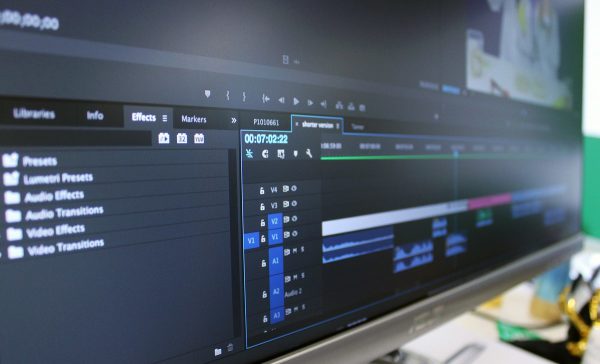
What is an Edit Assistant?
An Edit Assistant is an individual that supports the Editor(s) in all aspects of putting together a production/film.
What is the job?
An Edit Assistant will be responsible for keeping a log of all materials coming into the editorial department. As well as video, this may include storyboard panels, animated scenes, dialogue, sound effects, and soundtracks. They will take care of digitisation, conversion, and storage of all the necessary footage and other assets.
In addition to this, Edit Assistants may also have administrative duties, which could include booking appointments with clients and in-house staff, making sure that equipment is correctly working, and placing orders with suppliers. The role will also involve an element of keeping up to date with changes in software and technology.








